Alberta's capital, Edmonton, is near the geographic center of the province, and about 290 kilometers (180 miles) south of the capital is Calgary, the largest city in Alberta. Tourist destinations in the province boast some of the best nature areas in the country, including Banff, Canmore, Drumheller, Jasper, Sylvan Lake and Lake Louise.
Alberta's education system also has an excellent reputation and is recognized as one of the best in the English-speaking world. In Alberta, many children start their formal schooling through early learning programs. These strong early learning programs, a common curriculum, highly qualified and trained teachers and high standards contribute to students reaching their full potential.

Image via CIS
When students graduate from an Alberta accredited international school, they receive the Alberta High School Diploma that is internationally recognized. Many of Alberta's high school graduates continue their education at the province’s outstanding universities and colleges. Others go on to excellent universities and colleges in the world.
Alberta requires schools to provide a common curriculum from Kindergarten to Grade 12. This strong curriculum specifies learner outcomes for each subject area. Teachers, university professors, business leaders and other experts develop the curriculum collaboratively. It is then reviewed and updated to ensure it is current and focused on what student’s need to know. Many provinces and countries pay to use the Alberta Curriculum because they know it can prepare students very well for any challenges they may face in the future.
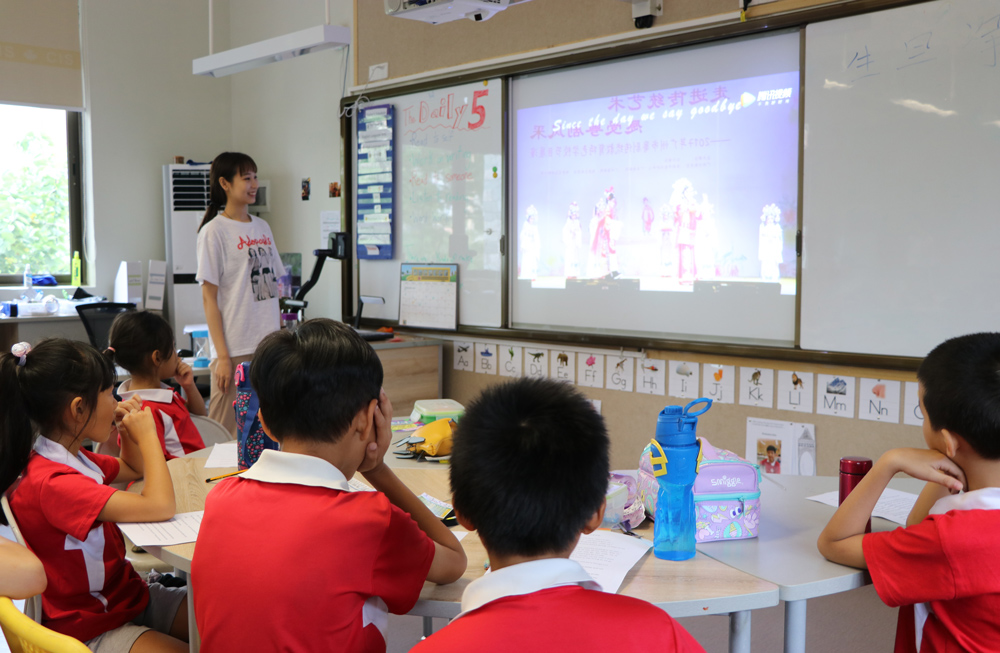
Image via CIS
To qualify to become an Alberta certified teacher, one must have:
1. A Bachelor of Education Degree from a recognized University.
2. Two full years of successful teaching while holding a valid Alberta Interim Professional Certification.
3. Two evaluations based on the knowledge, skills and attributes for permanent certification outlined in the Alberta Teaching Quality Standard.
And during their teaching:
1. They must be assigned to teach grades accredited by Alberta Education.
2. They must consistently use the Alberta programs of study as the basis for instruction.
3. They must be supervised and evaluated in accordance with the Teacher Growth, Supervision and Evaluation Policy and by an Alberta school principal.
In Alberta Curriculum, we believe the learning experience is important to inspire the students to work passionately. So there are four basic principles of teaching the Alberta programs of study:
1. How students learn is as important as what they learn.
2. Students learn best when they actually participate in reading, writing, speaking and viewing.
3. Students need to cultivate knowledge and be challenged to think critically and creatively.
4. Teachers must meet individual student needs, abilities and learning styles.
A student-centered inquiry approach to teaching and learning is emphasized in Alberta Curriculum. Inquiry-based learning is a process where students are involved in their learning by formulating questions, investigating widely through a variety of resources and mediums, and then building new understandings, meanings and knowledge. Through the inquiry process, students are taught important critical thinking skills that will be the basis for all their learning.
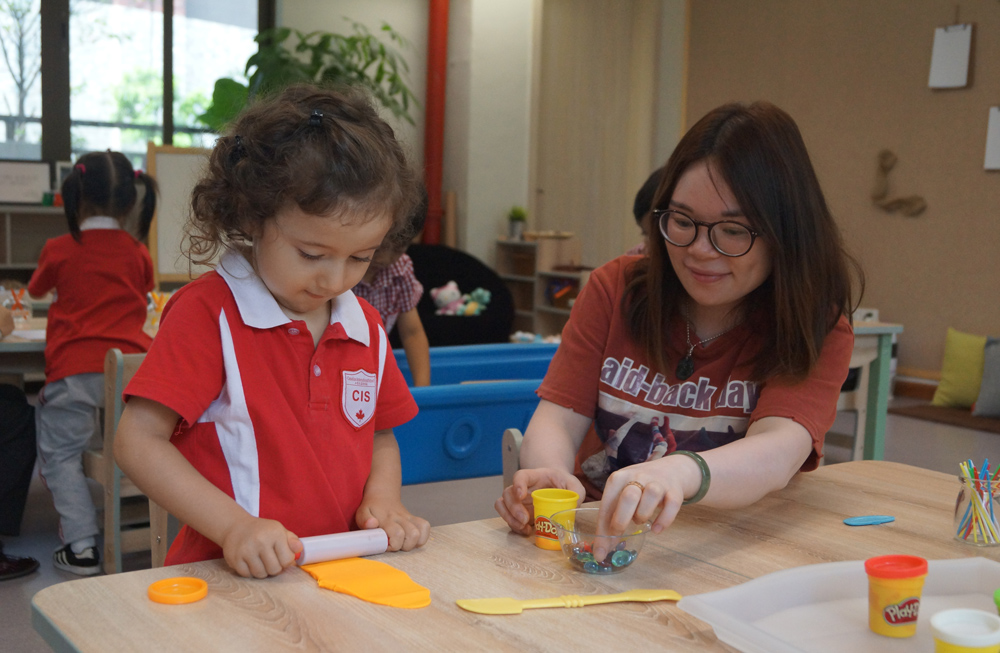
Image via CIS
It is more than asking a student what he or she wants to know. It is about triggering curiosity.
1. Students develop questions that they want to have answered.
2. They research the topic using time in class.
3. They present what they have learned.
4. They reflect on what worked about the process and what didn’t.
Assessment takes on many forms in Alberta education and teachers use a variety of methods to check for understanding. Students are able to demonstrate what they have learned through interviewing, creating, describing, building, writing, showing, explaining, interpreting, analyzing and solving. Through continuous assessment, teachers are able to see if students are meeting the curricular outcomes or if they need more support and more time to succeed.
In order to qualify for an Alberta High School Diploma, students at the grade 12 level must take provincial examinations in core subject areas. These exams are marked by Alberta Education.
Alberta also has provincial achievement tests that are administered annually to all students in grade 6 and 9. The results from these tests provide schools with reliable and valid information about how well their students are performing.
Canada scores very high on PISA (Programme for International Student Assessment) tests, and Alberta outperformed all the other Canadian provinces on PISA tests as well as other international tests. Alberta students consistently rank at the top on World Comparative Tests, and the Alberta High School Diploma is accepted by admissions officers of prestigious universities and post-secondary institutions throughout the world.
There are many international schools using Alberta Curriculum now around the world. And there is an official accreditation standard to become an Alberta accredited international school, which requires leadership, commitment, planning, resources and time.
Schools move through four tiers as they proceed through the accreditation process. The tiered approach allows schools to build capacity and provides a step-by-step process that assures continuous improvement. An Alberta accredited international school must meet certain accreditation requirements covering all aspects of school operation and education quality.
Canadian International School of Guangzhou is the first Alberta accredited K12 International School in the Chinese Mainland.

Image via CIS
At CIS, we follow Alberta Curriculum with our excellent teachers in a beautiful campus. Our students learn the four core subjects: English Language, Mathematics, Science and Social Studies, and programs are also infused with Mandarin, Music, Art, Drama and Physical Education. In addition to the academic courses, our students learn many different competencies like communication, collaboration, problem-solving and technology skills.
Our graduates go to many different universities and colleges across Canada, the United States, Europe and Australia; this is because our curriculum is so dynamic and known worldwide.
Most importantly, we believe that education at CIS will enable them, as global citizens, to live rich and fulfilling lives and contribute to the betterment of themselves, their community and the world.
[Cover image via CIS]
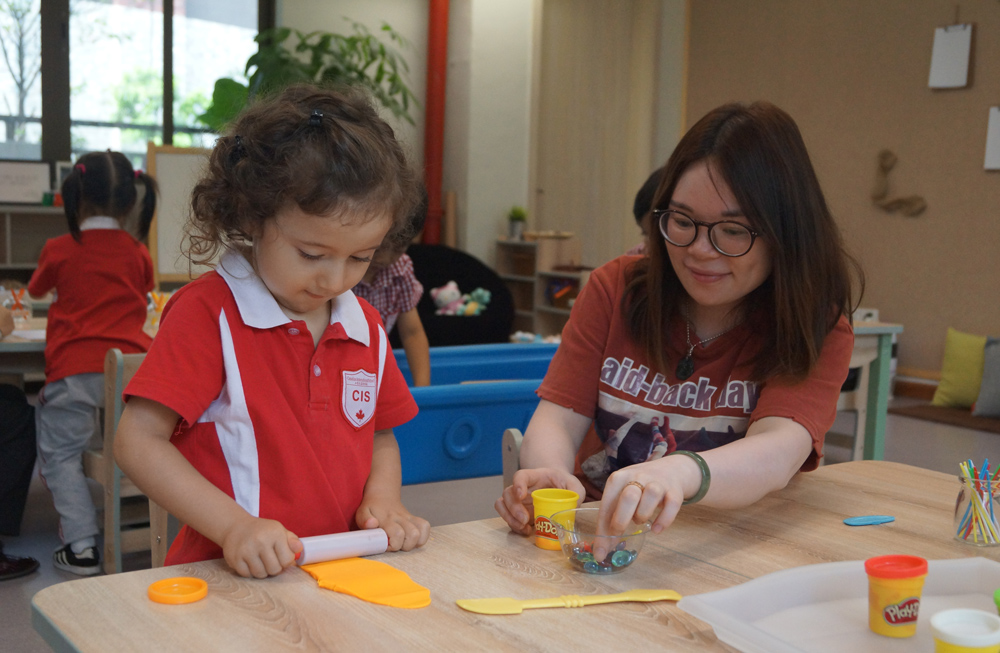




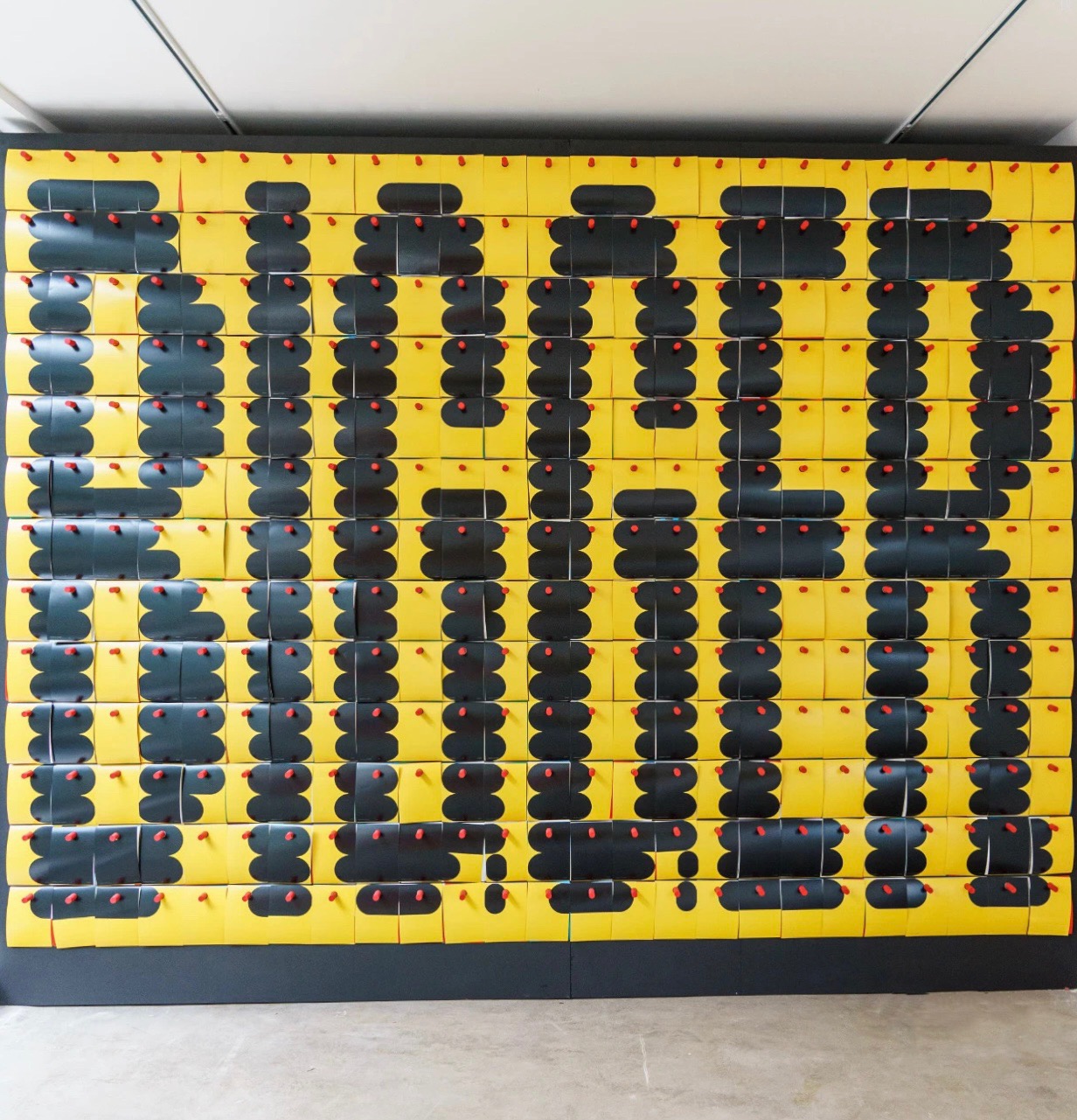













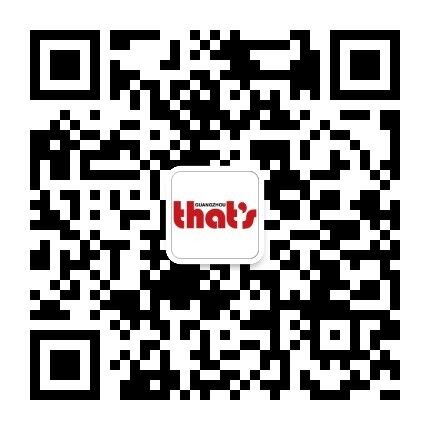


0 User Comments